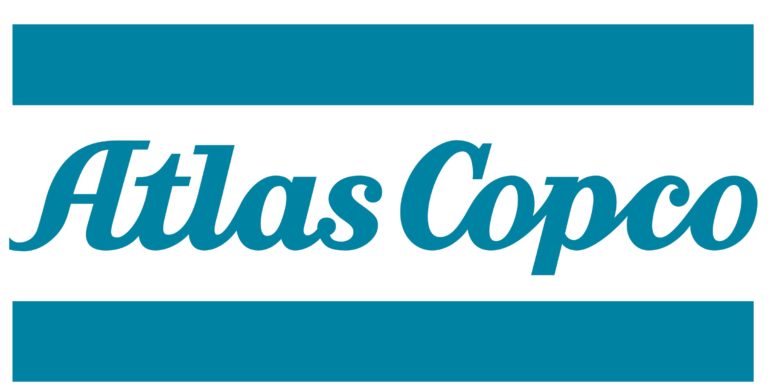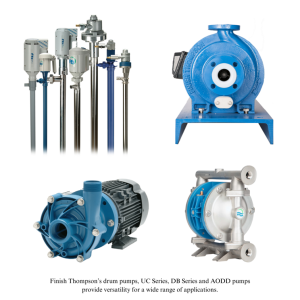Atlas Copco has acquired Danish manufacturer of on-site gas generation equipment

Image source: Atlas Copco AB
Oxymat is a privately owned company headquartered in Helsinge, Denmark, with production facilities in Denmark and Slovakia. The company has 146 employees, and in 2021, they had revenues of approximately MDKK 301 (MSEK 411*).
Oxymat specializes in on-site gas generation solutions for a wide range of industries including aquaculture, water treatment, medical, marine and mining. By converting bulk or cylinder supply of gas to on-site generation, the need of frequent truck transport can be avoided, thereby reducing the carbon footprint.
“Oxymat is a strong brand with a global presence in on-site nitrogen and oxygen markets,” said Vagner Rego, Business Area President Compressor Technique. “Their product portfolio and knowledge in industrial gas generation make them a good fit for us.”
The purchase price is not disclosed. The acquired business will become part of the Industrial Air division within the Compressor Technique Business Area.
*Based on the average exchange rate in 2021.
Source: Atlas Copco AB






